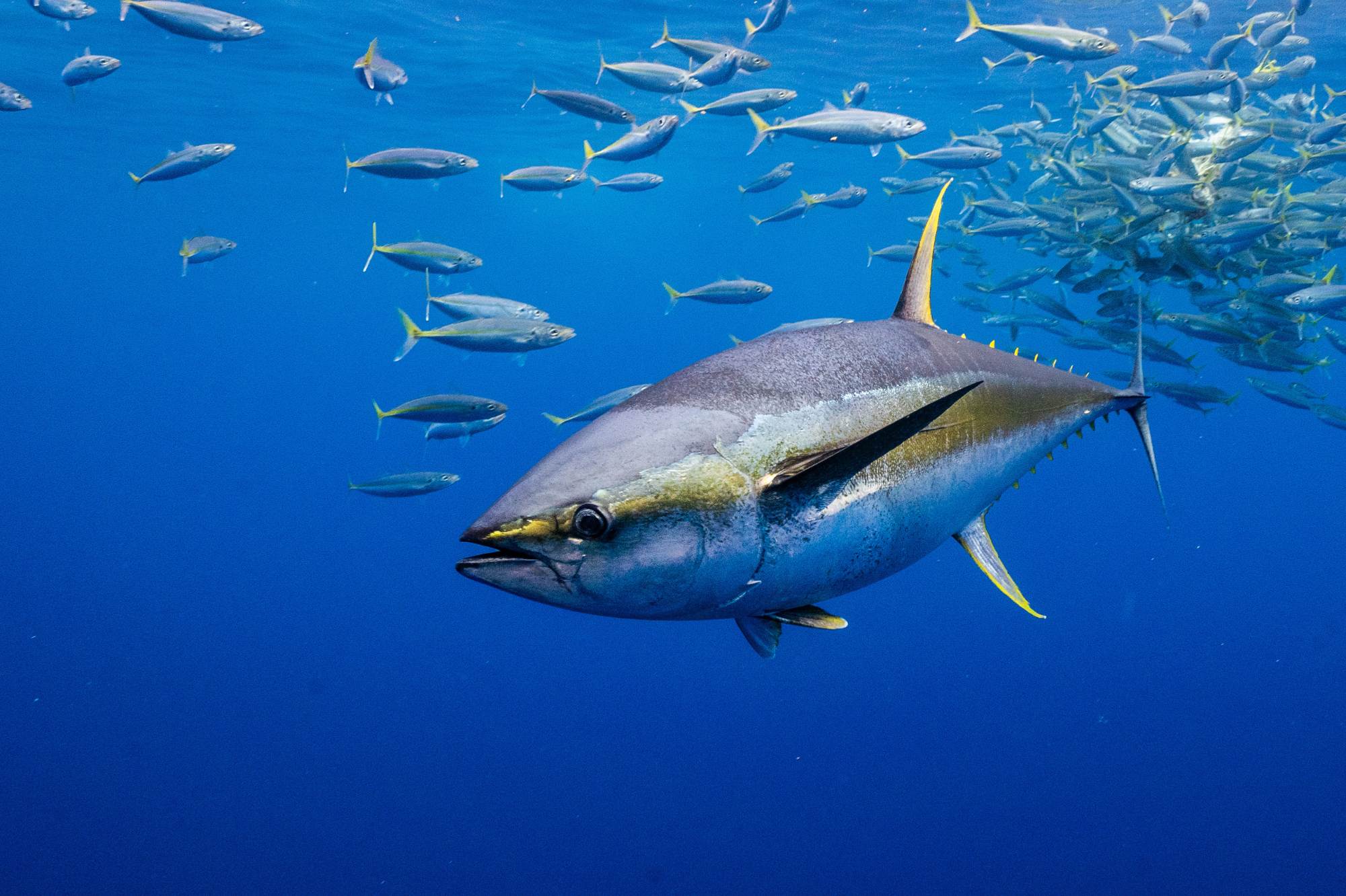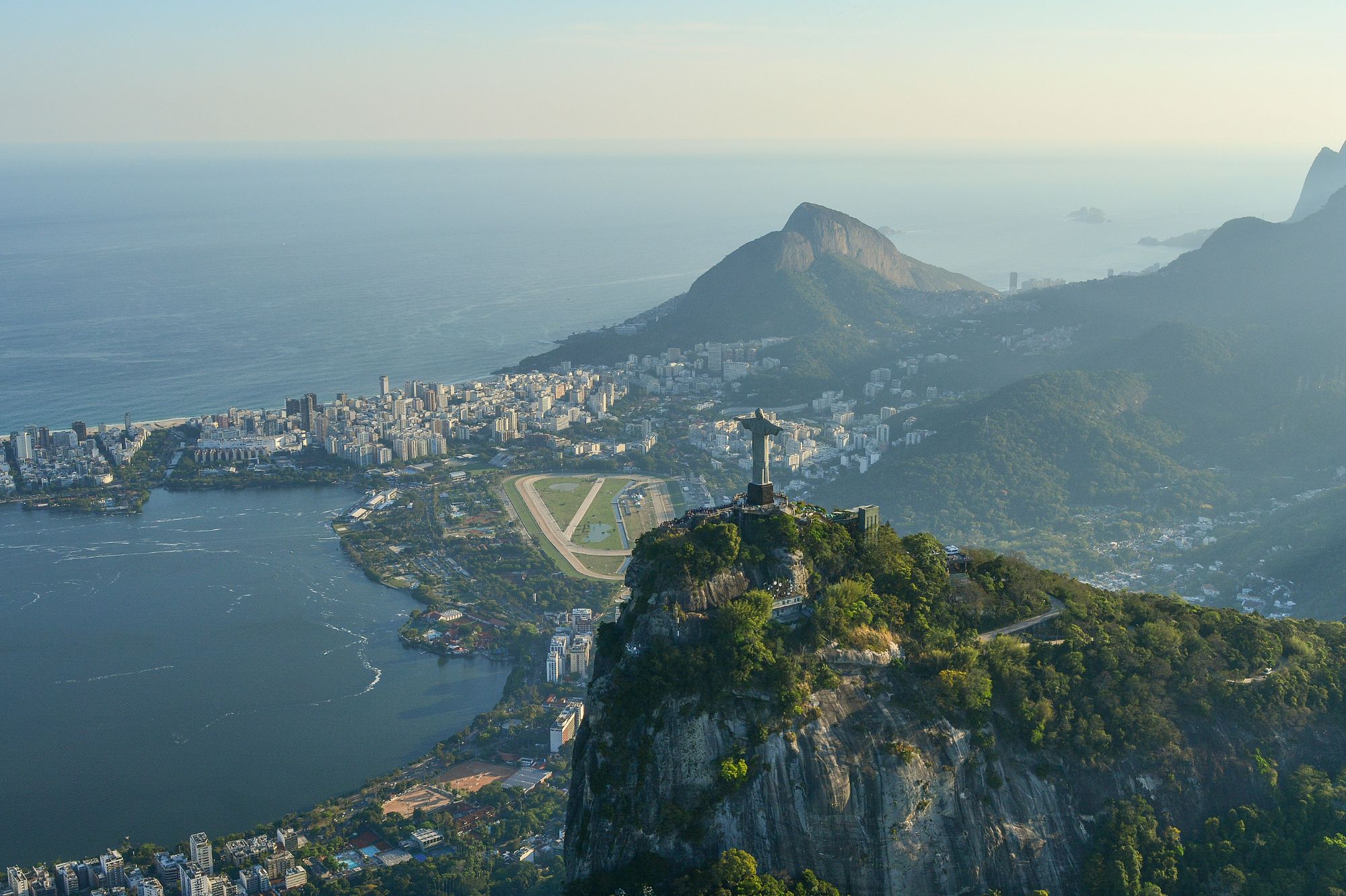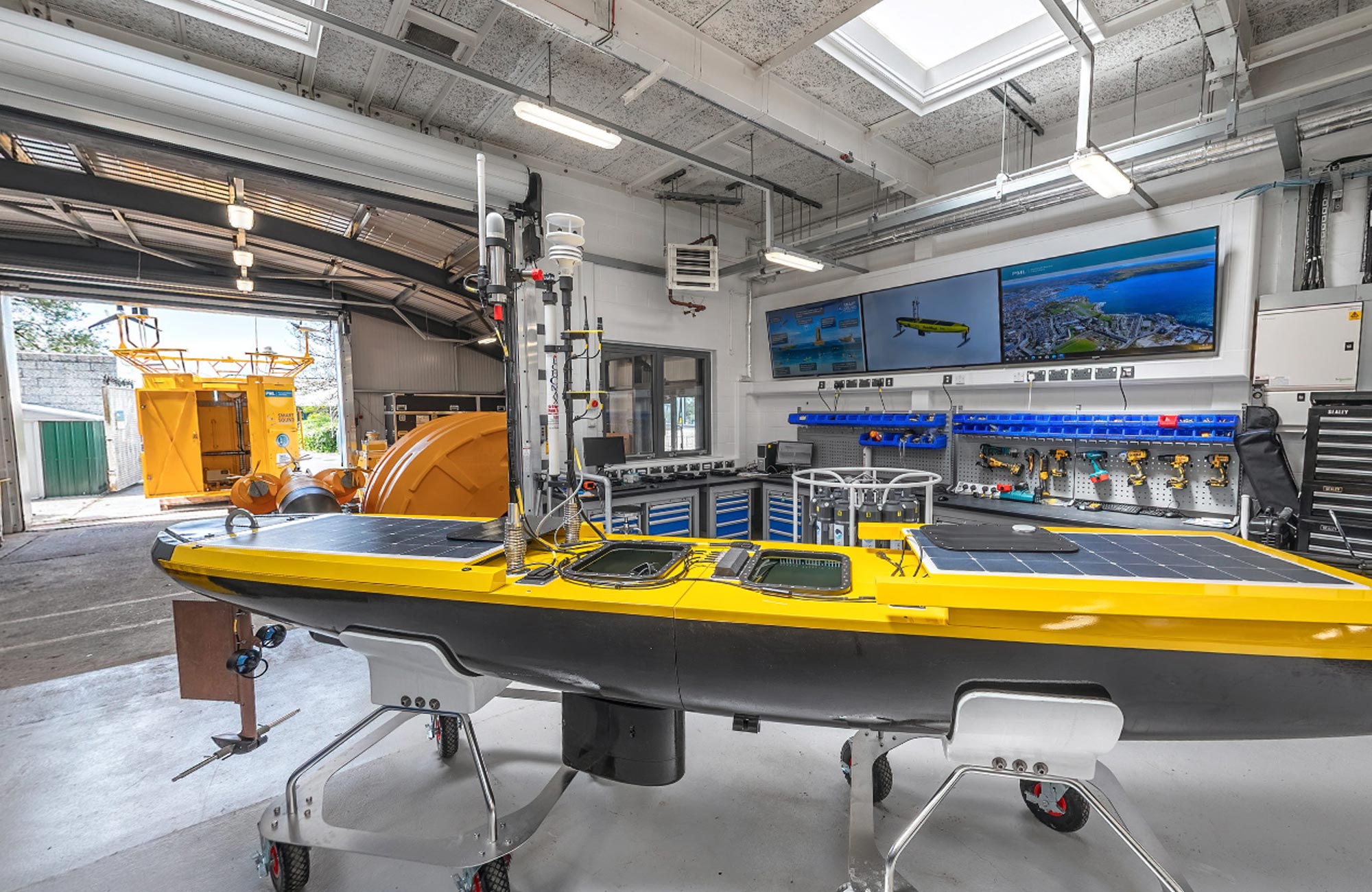Latest story
‘Deep Vision’ project harnesses artificial intelligence to map Atlantic biodiversity
Supported by the Bezos Earth Fund, and launched this week at the 13th annual World Ocean Summit, the project will help guide marine management in the High Seas.
Other recent news stories
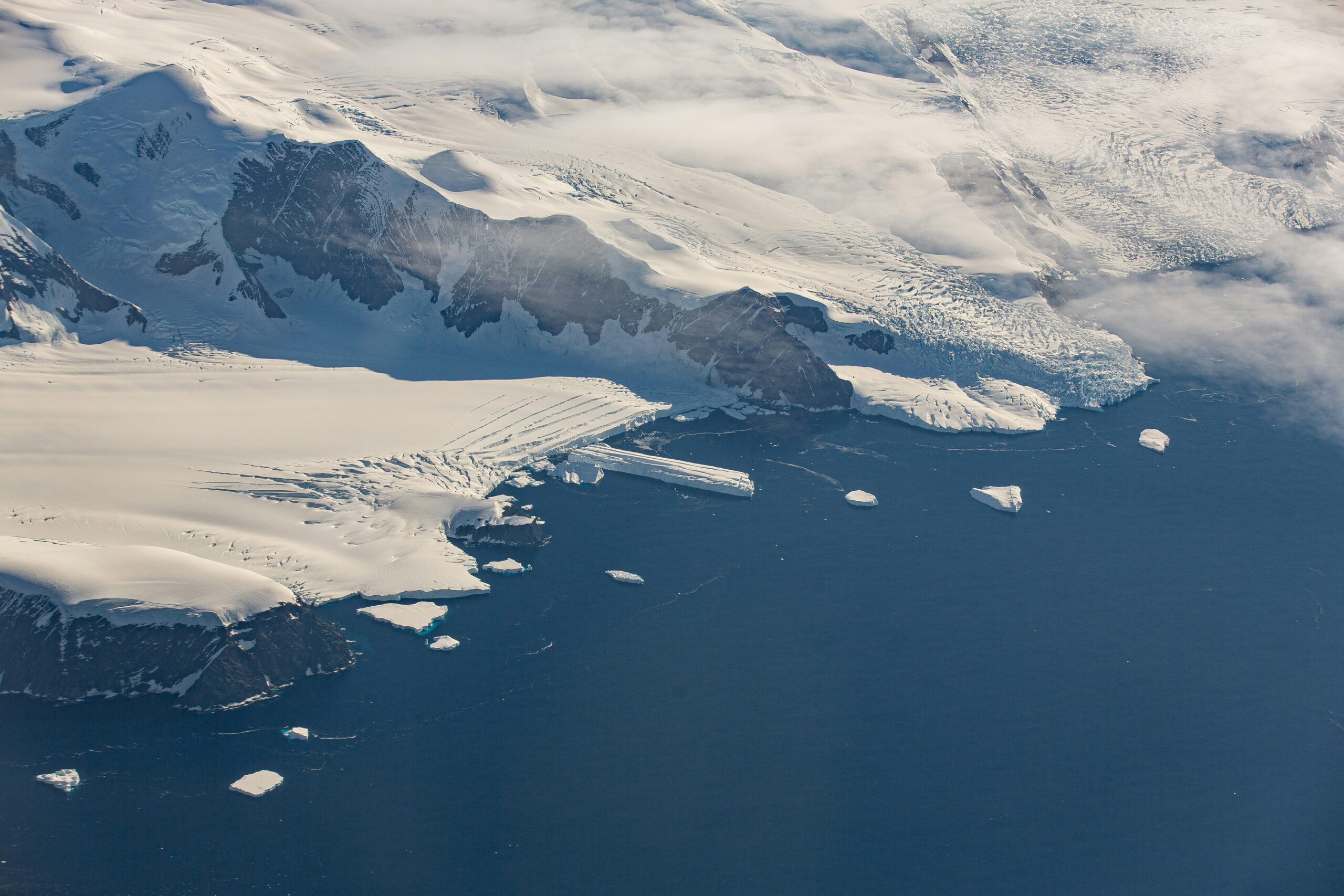
New satellite mapping reveals recent and large-scale habitat changes across the Southern Ocean’s seascapes
02 March 2026New research reveals that changes following the recent and dramatic decline in Antarctic sea ice could help a low-nutritional species prosper, with ma...
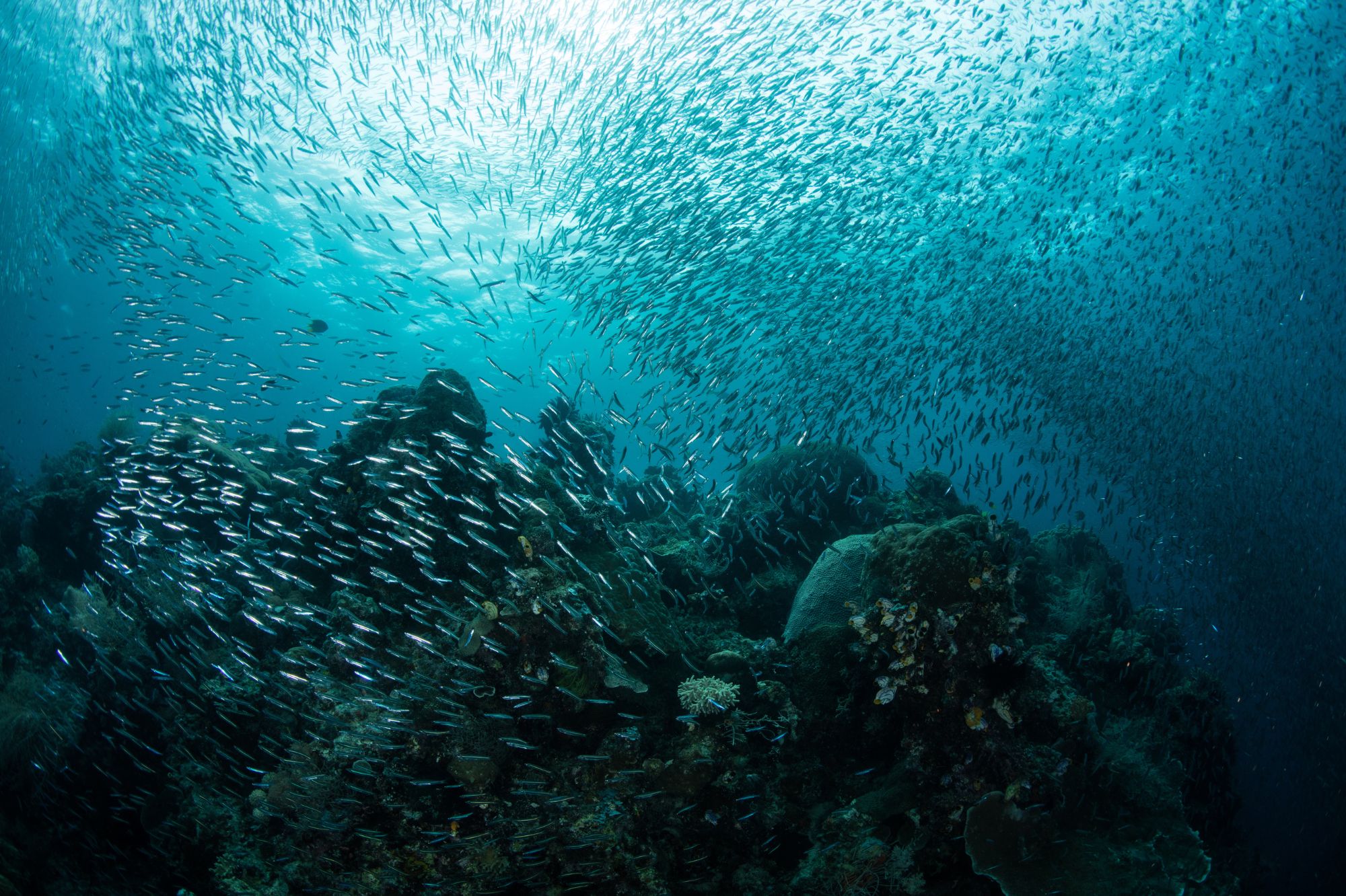
Fish – the missing ingredient in climate models?
26 February 2026New research led by PML’s Dr Helen Powley reveals that when fish are included in marine ecosystem models, it fundamentally changes predictions of...
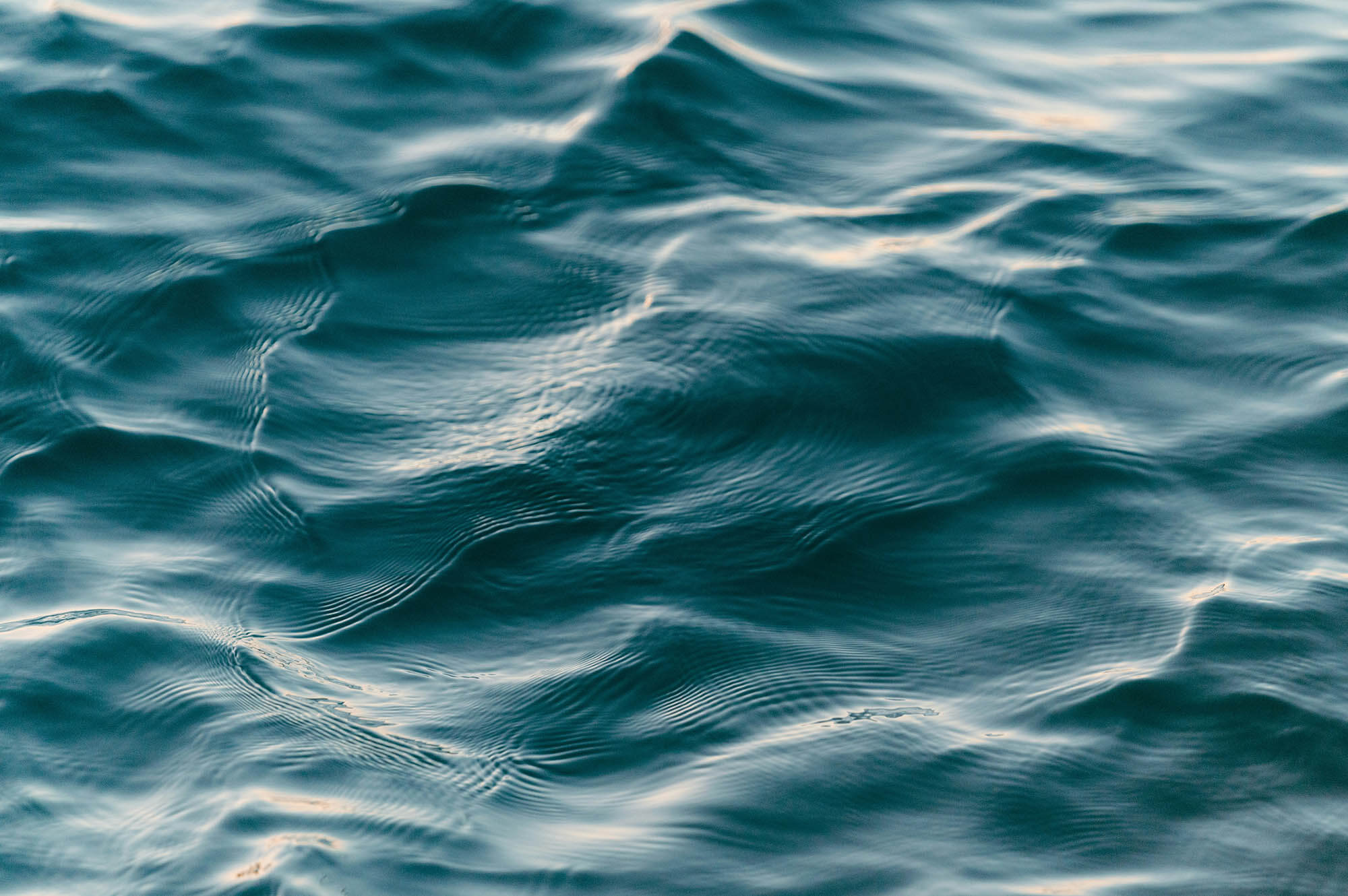
PML showcases first ever operational digital twin of the Ocean
25 February 2026The system was presented at the Ocean Sciences Meeting in Glasgow this week
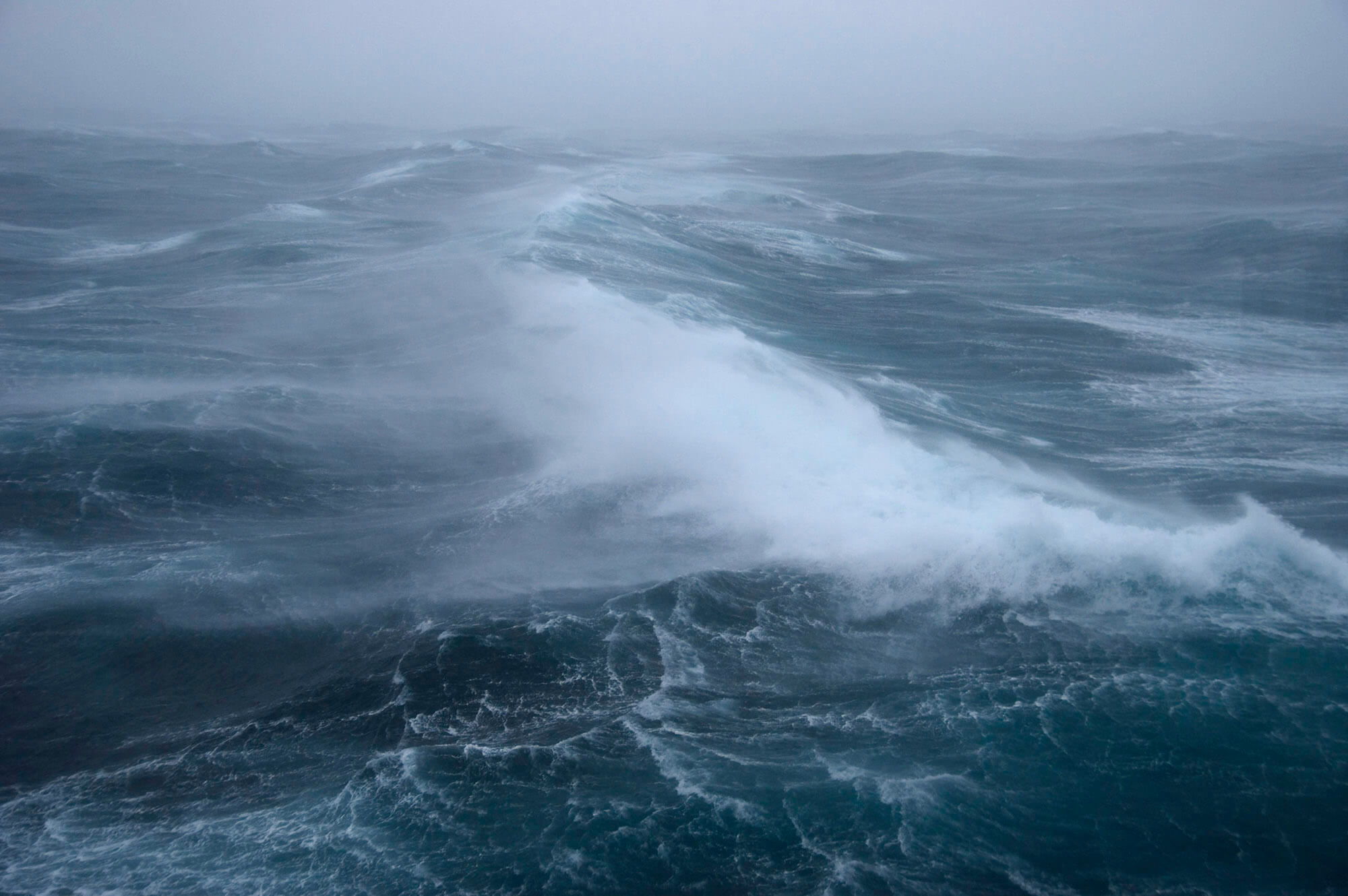
“Major blind spot” in ocean carbon research could undermine global climate predictions
24 February 2026A new international report coordinated by the Intergovernmental Oceanographic Commission of UNESCO highlights a critical gap in understanding how the ...

PML scientists to showcase cutting-edge research at Ocean Sciences Meeting
23 February 2026From marine carbon dioxide removal to AI-powered biodiversity monitoring, PML scientists will present the latest research addressing some of the most ...

Test your knowledge: is this plankton real or AI-generated?
21 February 2026Can you tell the difference between real plankton images and those generated by artificial intelligence? Researchers are inviting experts and non-expe...
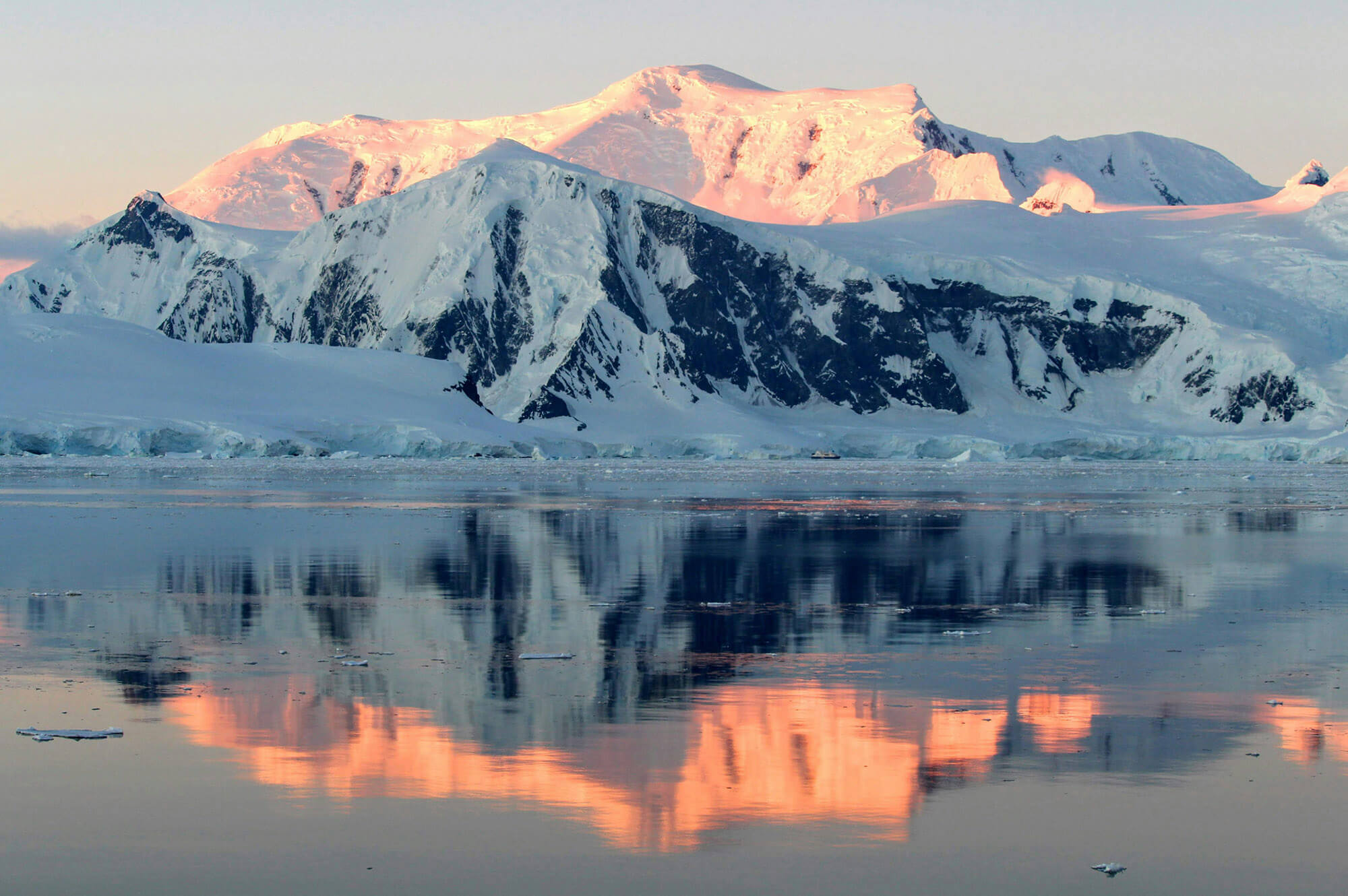
Scientists reveal our best and worst case scenarios for a warming Antarctica
20 February 2026New review study on the Antarctic Peninsula, with expert contributions from PML’s Prof. Angus Atkinson MBE, shows that the choices we make in the ne...
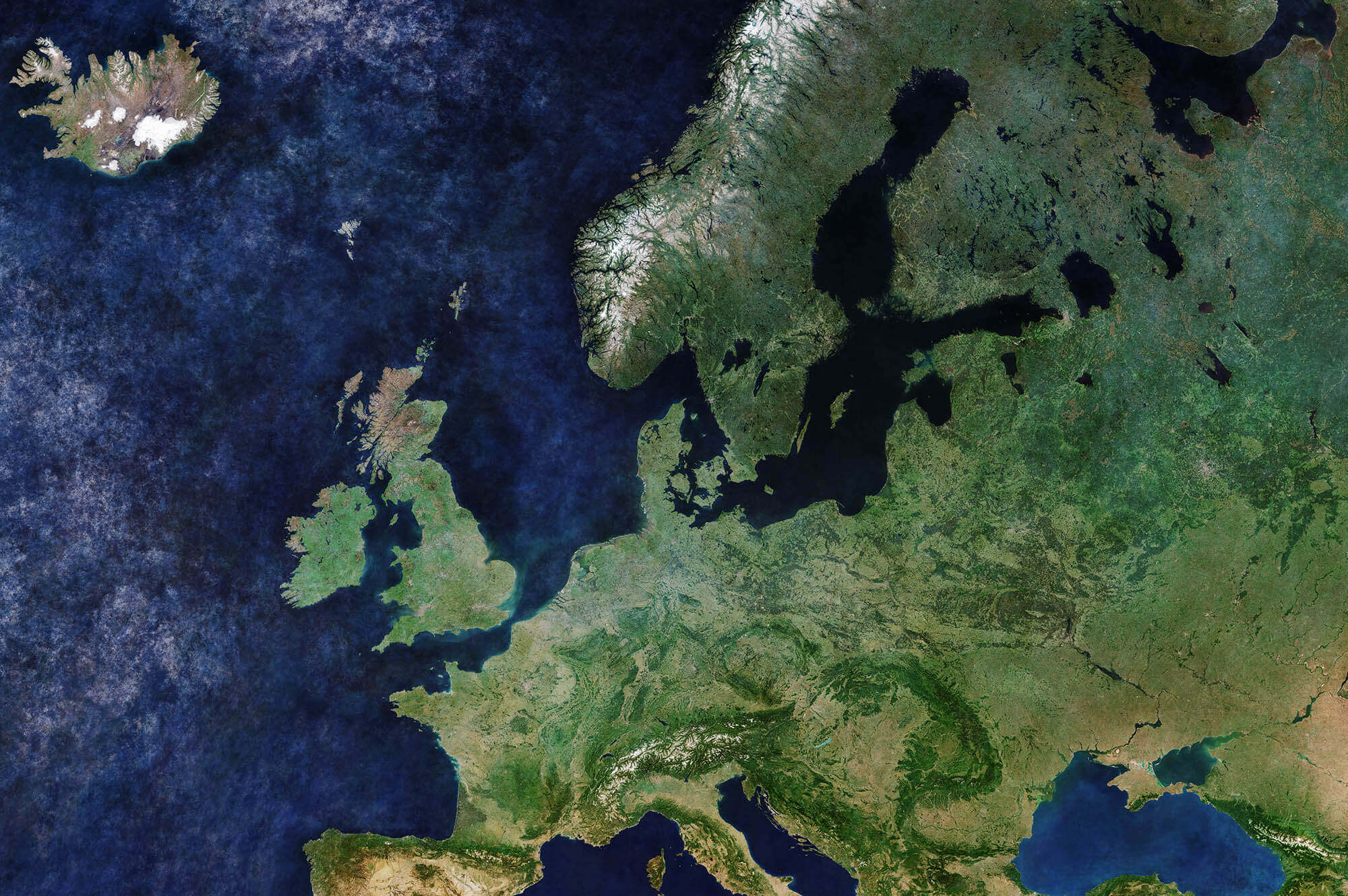
How data choices shape our understanding of the ocean regions in a changing climate
19 February 2026A new study by Plymouth Marine Laboratory (PML), assessing the consistency of machine-learning clustering methods applied to complex three-dimensional...

Rethinking single-use plastics: PML joins trailblazing consortium to eliminate plastic from disposable coffee cups
17 February 2026It is estimated that up to 500 billion single-use coffee cups are discarded worldwide each year – and most are lined with plastic.
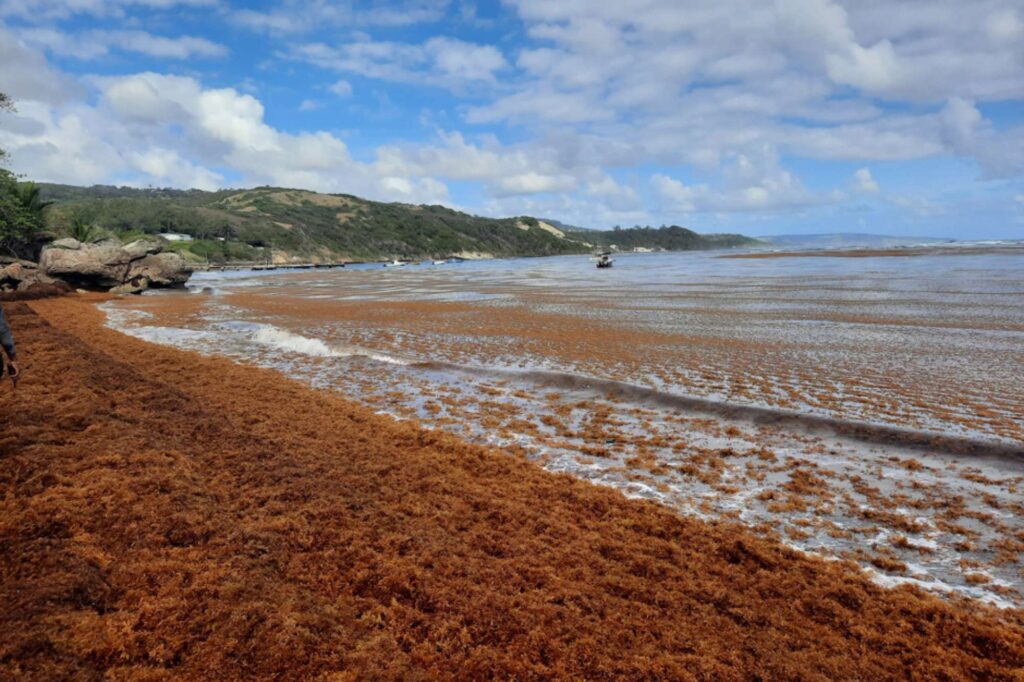
MEDIA: Drastic seaweed growth threatens marine life and fishing – but also offers opportunities
13 February 2026PML’s Dr Yanna Alexia Fidai writes for The Conversation UK on how native and invasive (non-native) seaweeds are appearing in quantities that are ha...
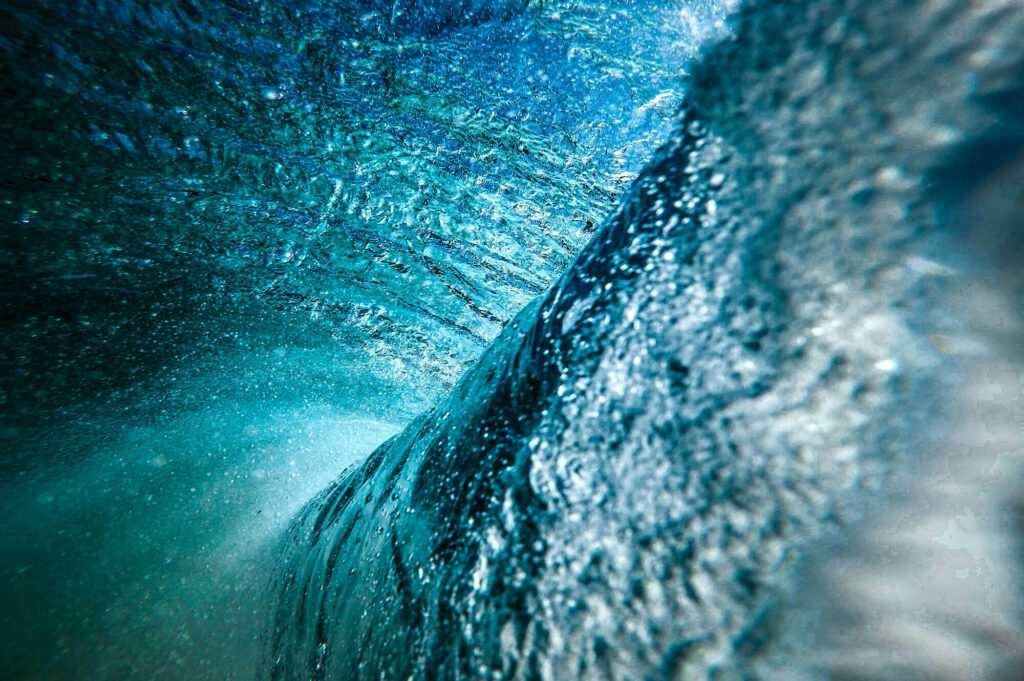
Future EU Rules on Marine-Based Carbon Removal (mCDR) in discussion in Brussels
09 February 2026PML experts are attending an EU gathering to discuss the role of Direct Ocean Carbon Capture and Storage (DOCCS).
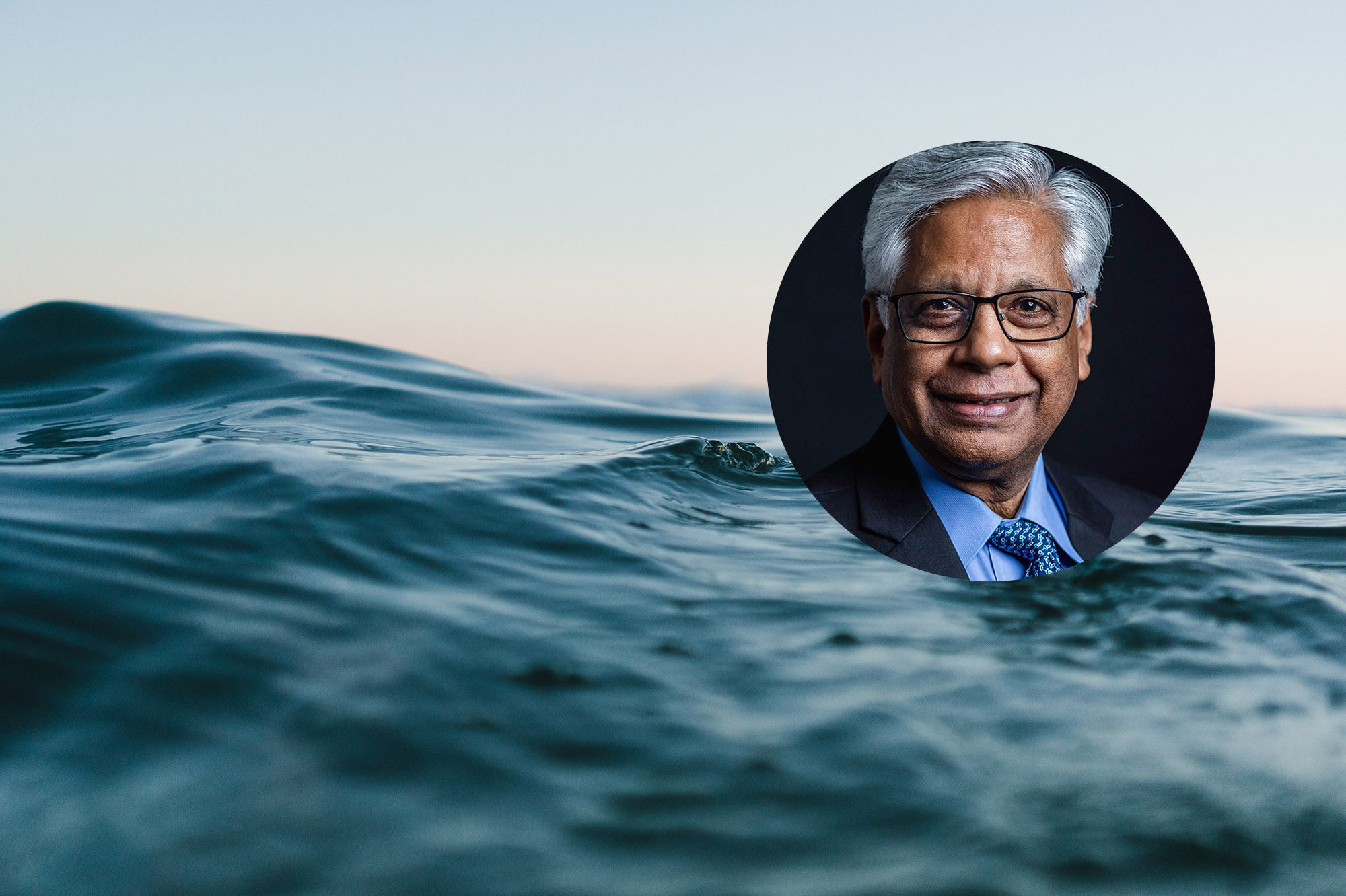
PML welcomes new Honorary Fellow Dr Kilaparti Ramakrishna
05 February 2026Dr Ramakrishna is the Senior Advisor to the President and Director on Ocean and Climate Policy at the Woods Hole Oceanographic Institution.
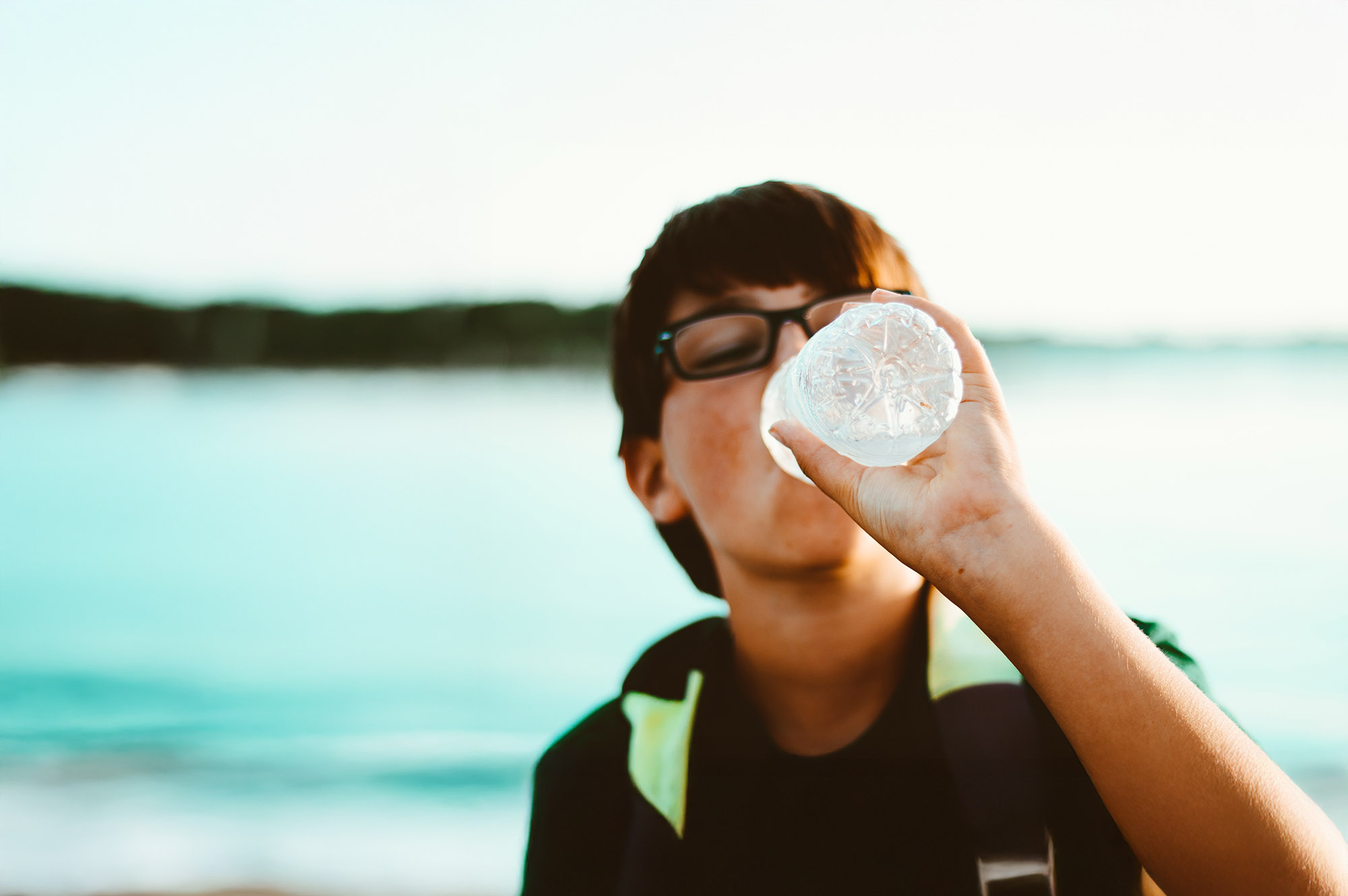
Learn about the plastic lifecycle: from manufacture to disposal and sustainability
30 January 2026A new free learning resource has been launched, co-produced between Plymouth Marine Laboratory and the Primary Science Teaching Trust, that aims to im...
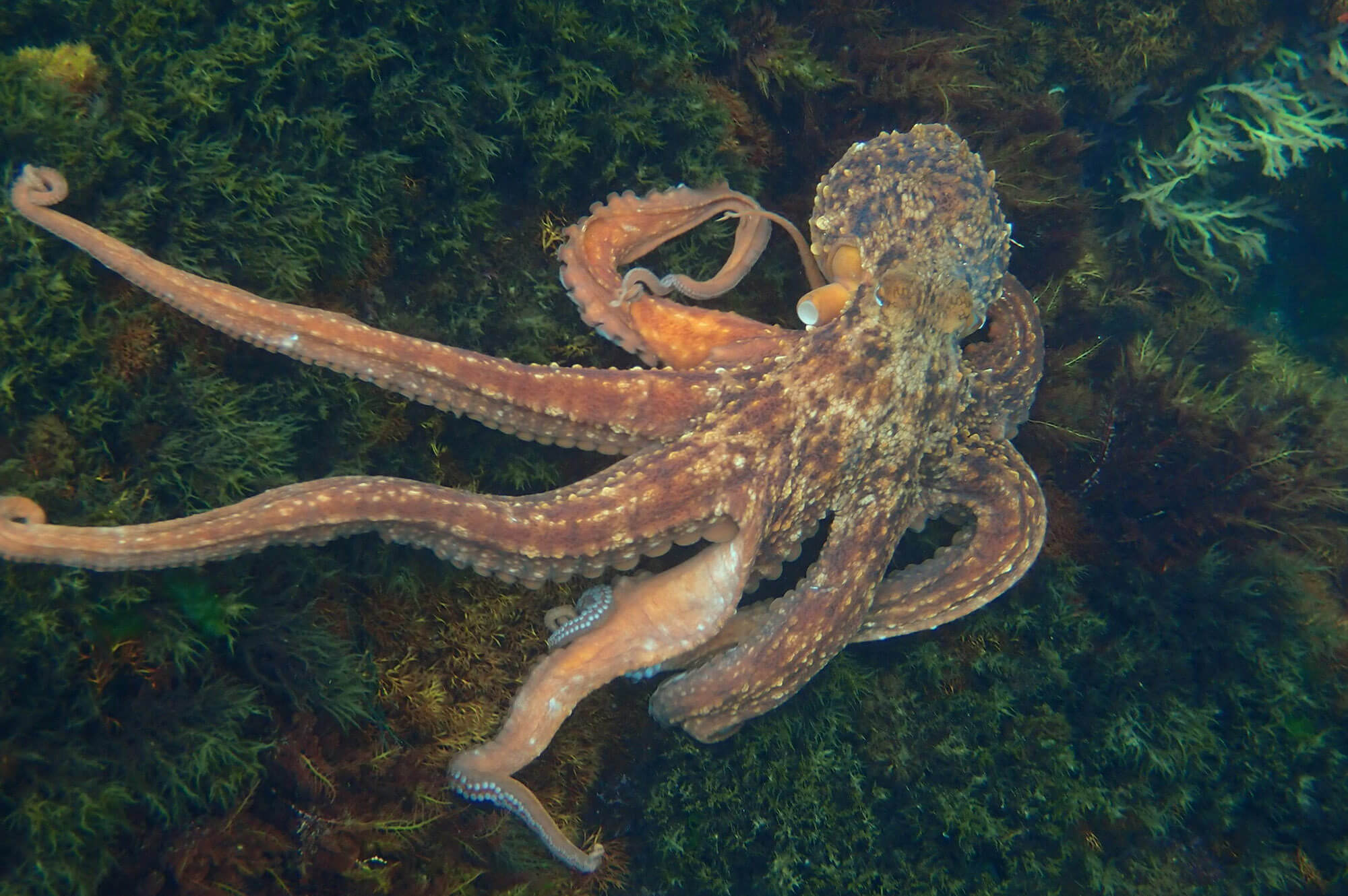
Octopus bloom off Southwest UK: New report reveals scale, causes and consequences
27 January 2026A new report, involving scientists from Plymouth Marine Laboratory, has revealed that a dramatic population bloom of the common octopus (Octopus vulga...
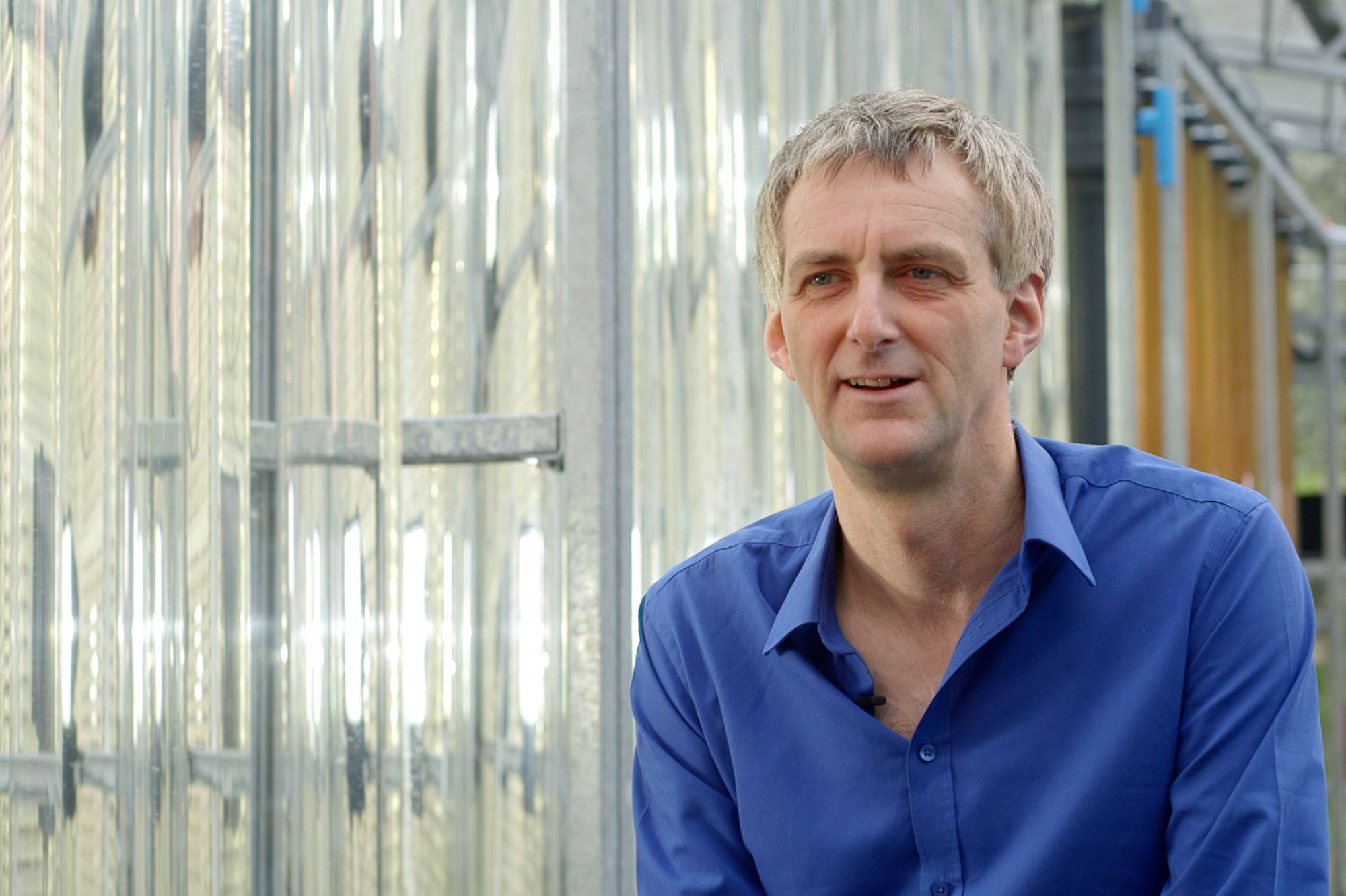
Staff spotlight: Professor Kevin J Flynn - Plankton ecophysiologist
26 January 2026Meet Professor Kevin Flynn, one of our most accomplished scientists at the laboratory, whose experience spans decades and disciplines. Kevin cre...
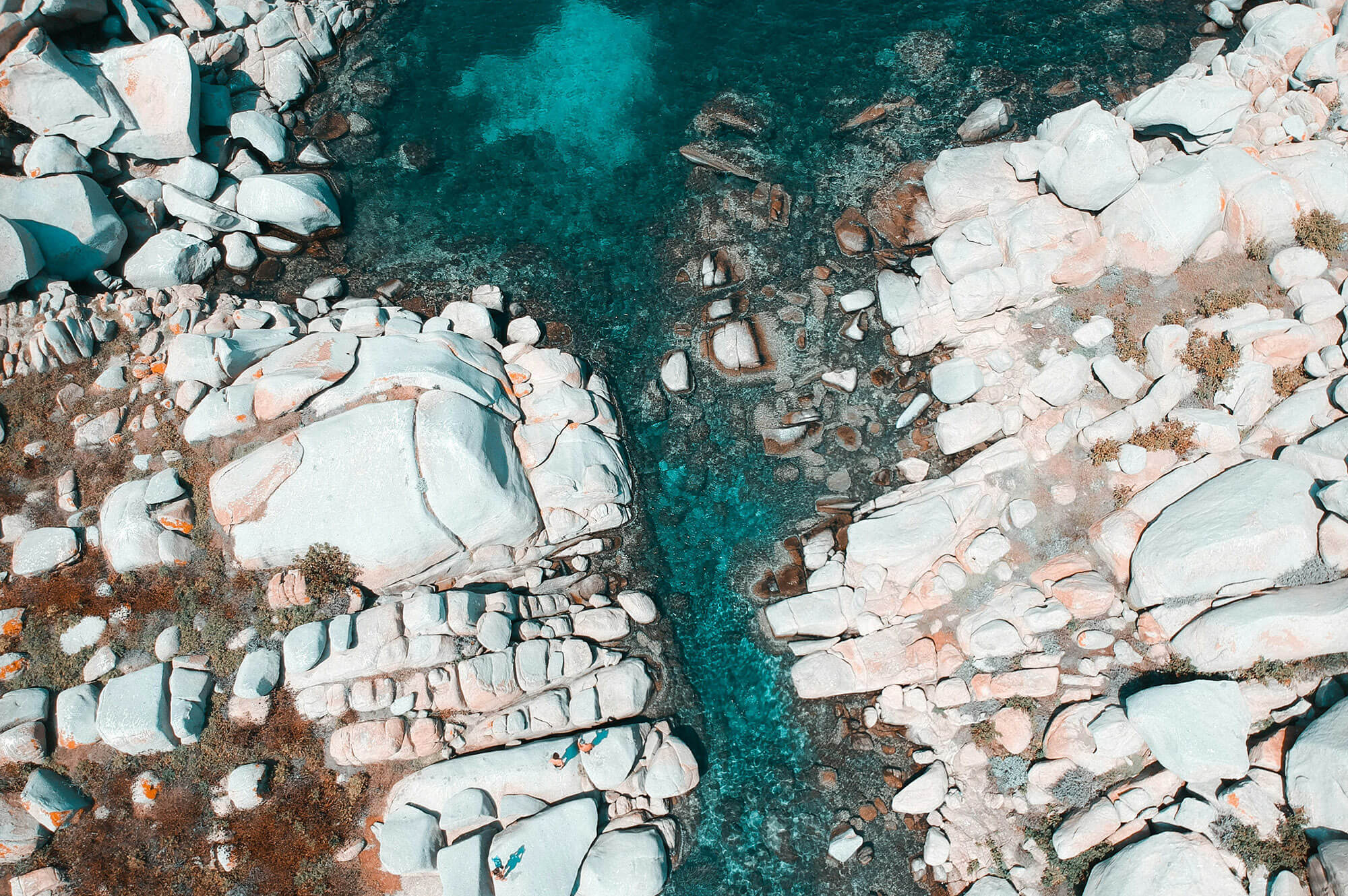
New evidence reveals how Greenland’s seaweed locks away carbon in the deep ocean
23 January 2026An interdisciplinary study confirms, for the first time, the oceanographic pathways that transport floating macroalgae from the coastal waters of Sout...
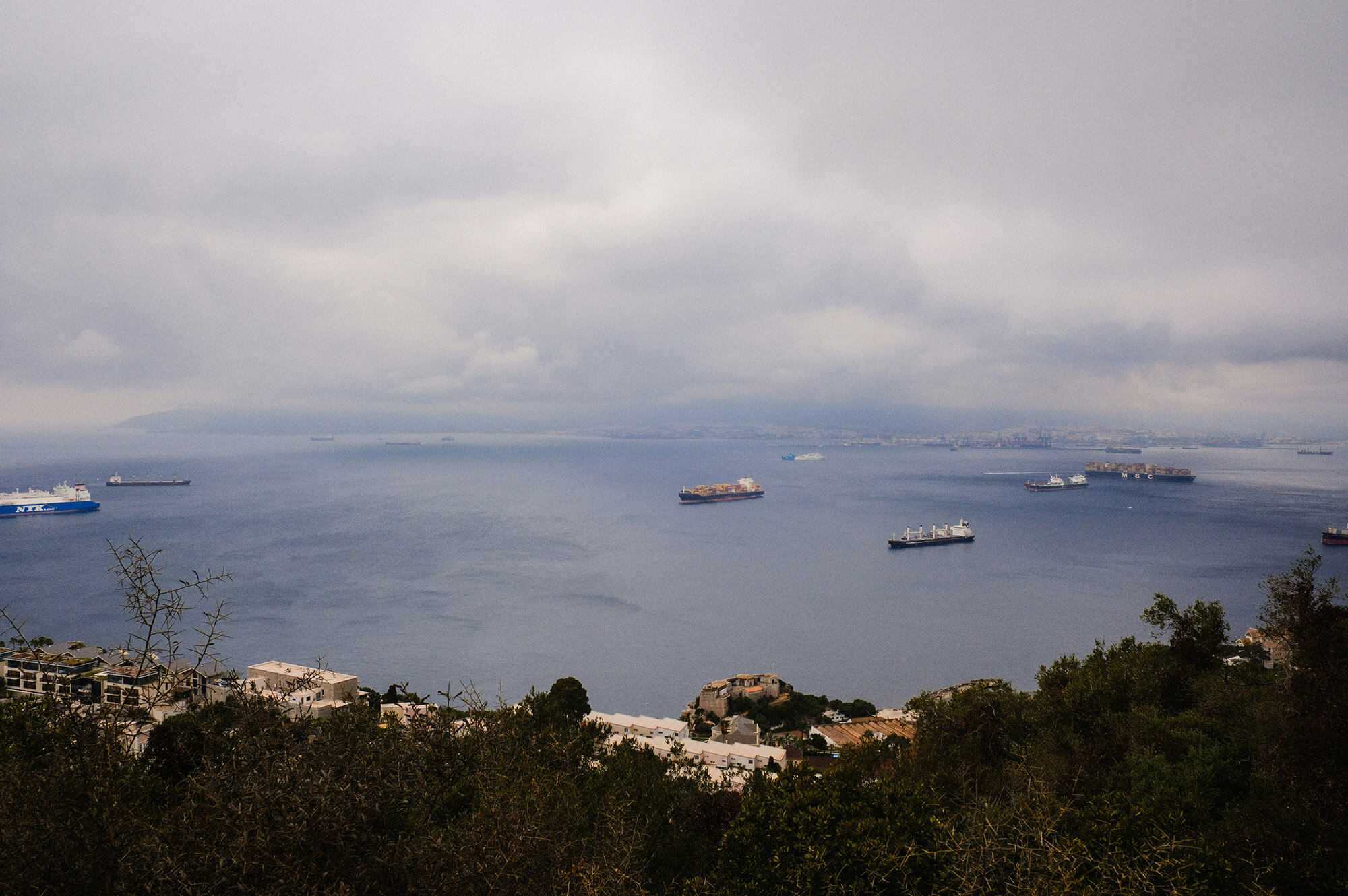
Navigating tricky trade-offs in busy seas
22 January 2026Study shows how ‘Blue Justice’ is key to delivering fairer and more equitable use of marine space.

£3.7m project aims to provide unprecedented analysis of mesophotic coral reefs
20 January 2026The five-year initiative will assess the response and resilience of mesophotic coral reef communities to future climate change

One-stop ocean data hub could help protect seas and communities
16 January 2026A new Defra-commissioned report gathered stakeholder views on how to improve access to marine social and economic data and outlined steps to better...
Current Events
13th annual World Ocean Summit
4 March 2026
Upcoming Events
PML at Oceanology International 2026
10 March 2026
The Third BBNJ Symposium 2026
10 March 2026
NERC Tech Forum 2026
2 June 2026
